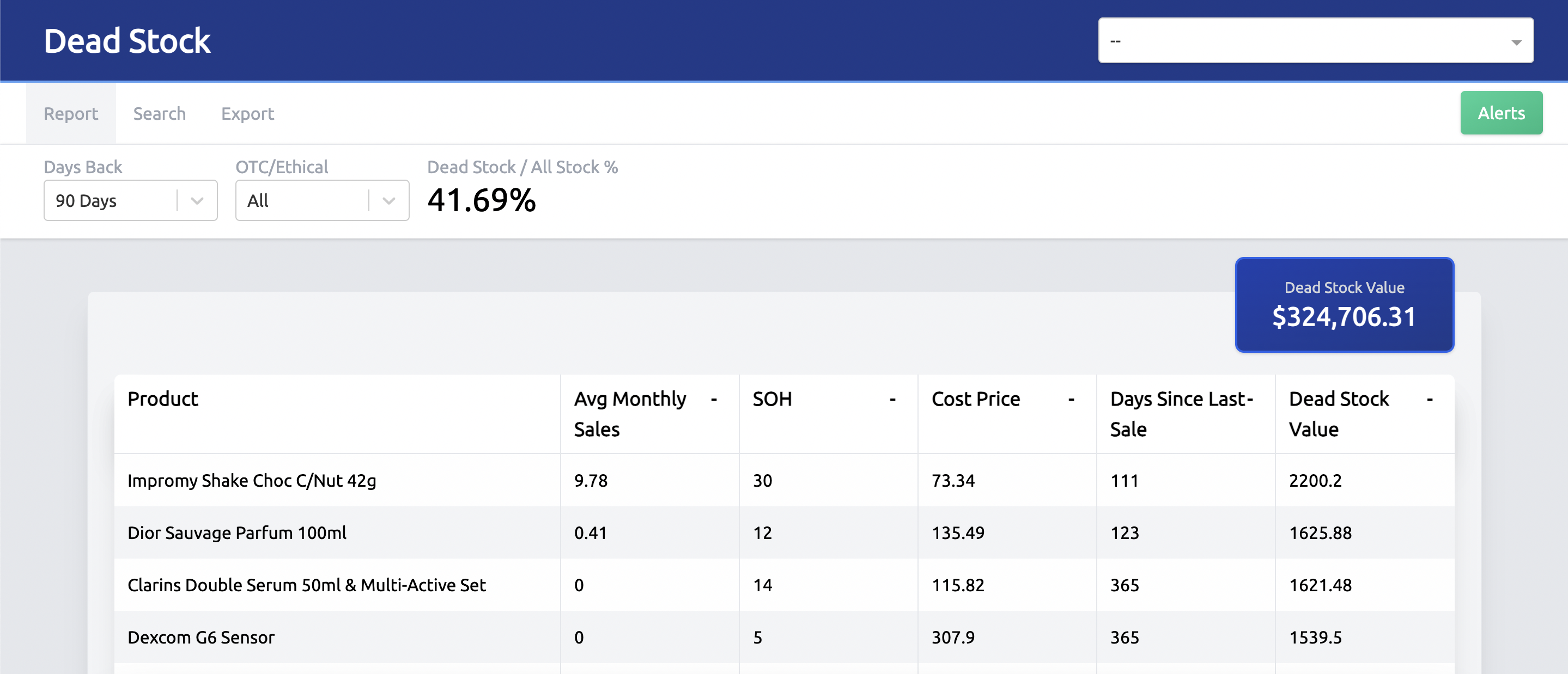1 Stock F30 Dead: The Inside Scoop On What Happened And Why It Matters
Let’s cut straight to the chase—when we talk about "1 stock f30 dead," we’re diving deep into the world of finance, trading, and the stock market. This isn’t just about numbers; it’s about understanding why certain stocks fail, what causes them to crash, and how it impacts investors. If you’re in the market game, this is a must-read. So, buckle up, because we’re about to break it down for you in a way that’s both informative and easy to digest.
Now, before we get into the nitty-gritty, let’s clear something up. The term "1 stock f30 dead" might sound like some cryptic code, but it’s actually a reference to a specific event where a stock underperformed or tanked completely. In the fast-paced world of finance, every move counts, and every decision can make or break your portfolio. That’s why understanding these scenarios is crucial if you want to stay ahead of the curve.
Whether you’re a seasoned investor or just starting out, this article will give you the tools you need to navigate the stock market with confidence. We’ll explore the reasons behind stock failures, the impact on investors, and most importantly, how to avoid falling into the same traps. Ready? Let’s dive in!
Read also:Daryl Coley Net Worth The Untold Story Of A Music Moguls Rise To Fame
What Does "1 Stock F30 Dead" Really Mean?
Alright, let’s break it down. When we say "1 stock f30 dead," we’re talking about a stock that has essentially lost its value or is no longer viable. Think of it like a business that couldn’t keep up with the competition or failed to adapt to changing market conditions. It’s not just about losing money; it’s about understanding the bigger picture and learning from these failures.
Here’s the thing: stocks don’t just die overnight. There are usually warning signs, patterns, and market trends that indicate trouble ahead. By paying attention to these signals, investors can make more informed decisions and potentially avoid major losses. But how do you spot these red flags? That’s what we’ll explore in the next section.
Why Do Stocks Fail?
Let’s face it—stocks fail for a variety of reasons. Sometimes it’s due to poor management, other times it’s because of external factors like economic downturns or shifts in consumer behavior. Whatever the reason, it’s important to understand the root cause so you can make better investment choices.
Common Reasons for Stock Failure
Here are some of the most common reasons why stocks fail:
- Poor Financial Performance: If a company consistently reports losses or struggles to generate revenue, its stock is likely to suffer.
- Market Competition: In a crowded market, companies that fail to innovate or differentiate themselves often struggle to survive.
- Economic Downturns: Global or regional economic issues can have a significant impact on stock performance.
- Regulatory Changes: New laws or regulations can disrupt industries and affect stock prices.
These are just a few examples, but they highlight the complexity of the stock market and the importance of staying informed.
Impact on Investors
When a stock crashes, it’s not just the company that feels the pain—investors are hit hard too. Whether you’re holding onto a few shares or have a significant stake in the company, the effects can be devastating. But it’s not all doom and gloom. There are strategies you can use to minimize your losses and even turn things around.
Read also:Discover The Charm Of Jacksons Home Amp Garden
How to Protect Your Investments
Here are some tips to help you safeguard your portfolio:
- Diversify Your Portfolio: Don’t put all your eggs in one basket. Spread your investments across different sectors and asset classes.
- Stay Informed: Keep an eye on market trends, news, and company performance. Knowledge is power in the stock market.
- Set Stop-Loss Orders: This is a great way to limit your losses if a stock starts to decline.
By taking these proactive steps, you can reduce your risk and increase your chances of success.
The Role of Market Trends
Market trends play a huge role in determining stock performance. From technological advancements to shifting consumer preferences, there are countless factors that can influence the market. Understanding these trends is key to making smart investment decisions.
Key Market Trends to Watch
Here are some of the most important market trends to keep an eye on:
- Sustainability and Green Energy: As the world becomes more environmentally conscious, companies that prioritize sustainability are likely to thrive.
- Artificial Intelligence and Automation: The rise of AI and automation is transforming industries and creating new opportunities for investors.
- E-commerce Growth: With more people shopping online, companies that excel in e-commerce are well-positioned for success.
These trends are just the tip of the iceberg, but they give you a glimpse into the future of the stock market.
Learning from Past Failures
History has a way of repeating itself, and that’s especially true in the stock market. By studying past failures, we can gain valuable insights into what works and what doesn’t. This knowledge can help us make better decisions and avoid making the same mistakes.
Famous Stock Market Failures
Take a look at some of the most infamous stock market failures:
- Enron: A classic example of corporate fraud and poor management leading to a massive stock collapse.
- Blockbuster: Once a dominant player in the video rental industry, Blockbuster failed to adapt to the rise of streaming services.
- Lehman Brothers: The 2008 financial crisis saw the collapse of this iconic investment bank, sending shockwaves through the global economy.
These stories serve as a cautionary tale for anyone looking to invest in the stock market.
How to Spot a Failing Stock
Identifying a failing stock isn’t always easy, but there are certain signs you can look for. By paying attention to these indicators, you can potentially avoid major losses and protect your investments.
Warning Signs of a Failing Stock
Here are some red flags to watch out for:
- Declining Revenue: If a company’s revenue is consistently dropping, it could be a sign of trouble ahead.
- High Debt Levels: Companies with excessive debt may struggle to stay afloat, especially during economic downturns.
- Negative Cash Flow: A lack of cash flow can make it difficult for companies to meet their financial obligations.
By recognizing these warning signs, you can take action before it’s too late.
The Importance of Due Diligence
Due diligence is the process of thoroughly researching and analyzing a potential investment before committing your money. It’s a critical step in the investment process and one that can make all the difference in your success.
Steps for Conducting Due Diligence
Here’s how you can conduct effective due diligence:
- Review Financial Statements: Look at the company’s balance sheet, income statement, and cash flow statement to get a clear picture of its financial health.
- Analyze Management: Assess the quality of the company’s leadership and their ability to execute on their vision.
- Understand the Industry: Gain a deep understanding of the industry and market conditions that could impact the company’s performance.
By doing your homework, you can make more informed investment decisions and increase your chances of success.
Expert Insights and Strategies
When it comes to the stock market, there’s no substitute for expert advice. Professionals with years of experience can offer valuable insights and strategies that can help you navigate the complexities of investing.
Top Strategies from the Pros
Here are some strategies that experts swear by:
- Value Investing: Focus on finding undervalued stocks that have strong fundamentals and growth potential.
- Growth Investing: Invest in companies with high growth potential, even if they’re currently overvalued.
- Index Fund Investing: Consider investing in index funds, which offer diversification and lower fees.
These strategies have been proven to work, but they require patience and discipline to execute effectively.
Conclusion: Taking Action
So, there you have it—the inside scoop on "1 stock f30 dead" and everything you need to know about stock failures. Whether you’re a seasoned pro or just starting out, understanding the risks and rewards of investing is crucial for long-term success. By staying informed, conducting thorough research, and implementing smart strategies, you can navigate the stock market with confidence.
Now, it’s your turn to take action. Leave a comment below and let us know your thoughts on this topic. Share this article with your friends and family, and don’t forget to check out our other articles for more insights and tips on investing. Together, we can make smarter financial decisions and build a brighter future.
Table of Contents
Article Recommendations

